Nettsider med emneord «Physical sciences»
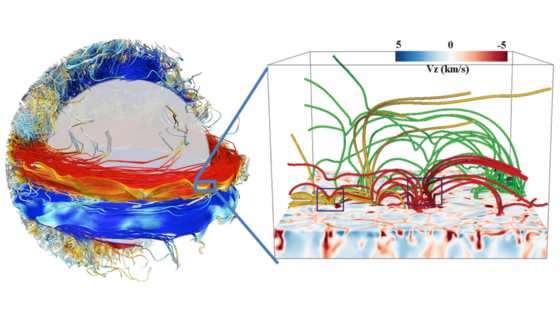
How does the Sun work? Why does it possess a magnetic cycle, dark spots and a dynamic hot atmosphere? These are questions that remain mostly unanswered. In the "Whole Sun" project, we aim at tackling these key questions as a coherent whole for the first time.
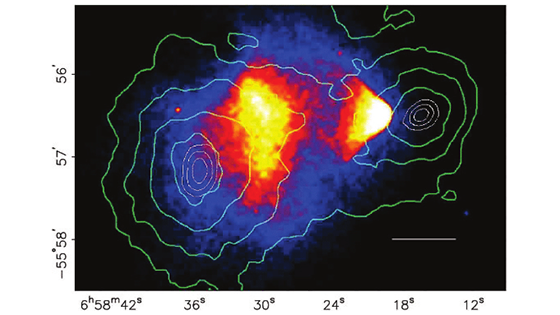
The project consists in investigating the non-linear structure formation within the framework of dark energy, dark matter and modified gravity theories using N-body and hydrodynamic numerical simulations.
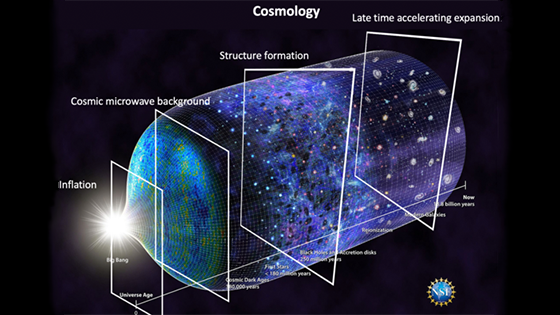
The physical reason for the observed acceleration of the Universe is one of the most important mysteries in cosmology, and arguably generally in fundamental physics.
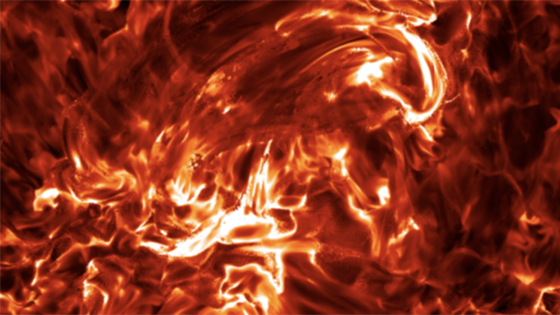
The computational challenge in modeling the Sun is both in simplifying the complex physics without losing the main properties and in treating a large enough volume to encompass the large structures with enough resolution to capture the dynamics of the system.
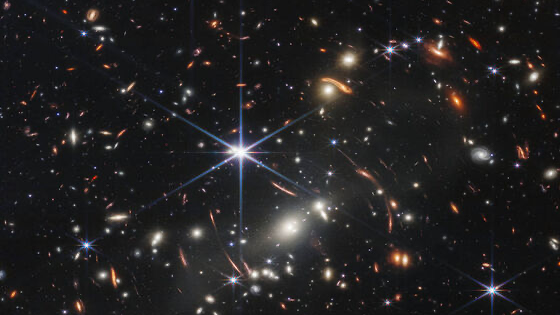
The standard model of cosmology has this last decade been increasingly challenged by observational tensions that might result eventually in the preference of some alternative model. But there is a large zoo of models to consider.
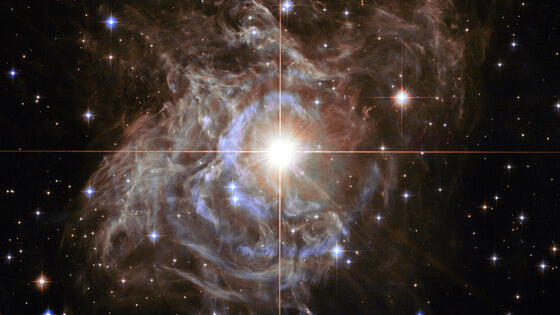
Recently maturing software for stellar modeling and evolution, such as MESA, have been applied to constraining variations of the gravitational constant and exploring such a variation’s ability to account for the Hubble tension between the late- and early- time universe by biasing the local distance ladder.
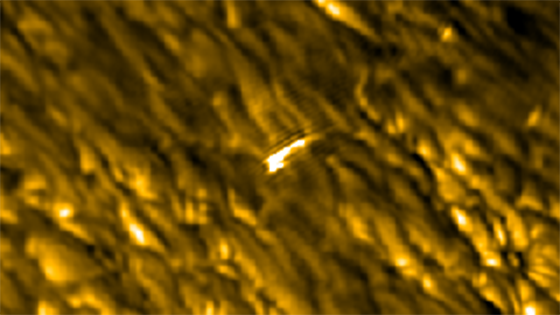
This project aims to understand the origin and formation of small-scale magnetic reconnection events in the lower solar atmosphere and explore their role in the energy and mass transport from the lower to the upper solar atmosphere.
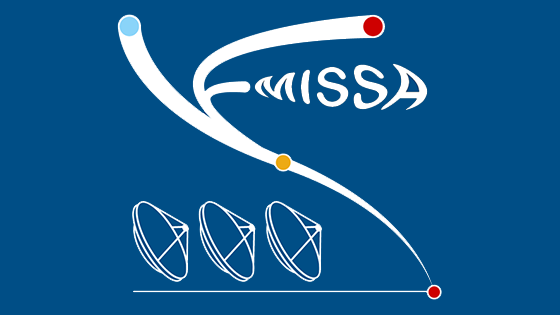
The aim of the EMISSA project is to use data obtained with the Atacama Large Millimeter/sub-millimeter Array (ALMA) in the Chilean Andes for a re-evaluation of the activity of stars by means of a comparative solar-stellar study with the Sun serving as a fundamental reference.

The MAGPIE project seeks to develop new constraints on uplift patterns in and around Greenland associated with past and present ice melting. For this, we are collecting magnetotelluric (MT) data from Greenland’s interior, which we then use to constrain viscosity variations beneath Greenland.

Exploring the fundamental constituents of the Universe physicists are faced with very serious calculational bottlenecks. To compare new physics models to data we need to perform very computationally expensive calculations in quantum field theory (QFT).
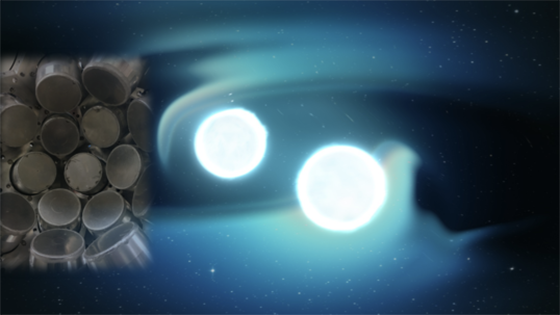
We live in a Universe composed of a large variety of chemical elements. The element distribution we observe, and in particular the diverse abundances of atomic nuclei, tells a fascinating story of nucleosynthesis events that have taken place throughout the 13.7-billion-year-long history starting with the Big Bang.

The Centre for Earth Evolution and Dynamics (CEED) is a Centre of Excellence dedicated to research of fundamental importance to the understanding of our planet.

Modern science usually provides both copious amounts of data and complicated models for the part of reality it is trying to describe. Often there is even so much data, and the models so complicated, that it becomes difficult to make full use of the data in deciding which models best describe the world around us, and finding their properties. The main goal of the GAMBIT project is to develop a software tool to help physicists do just that.